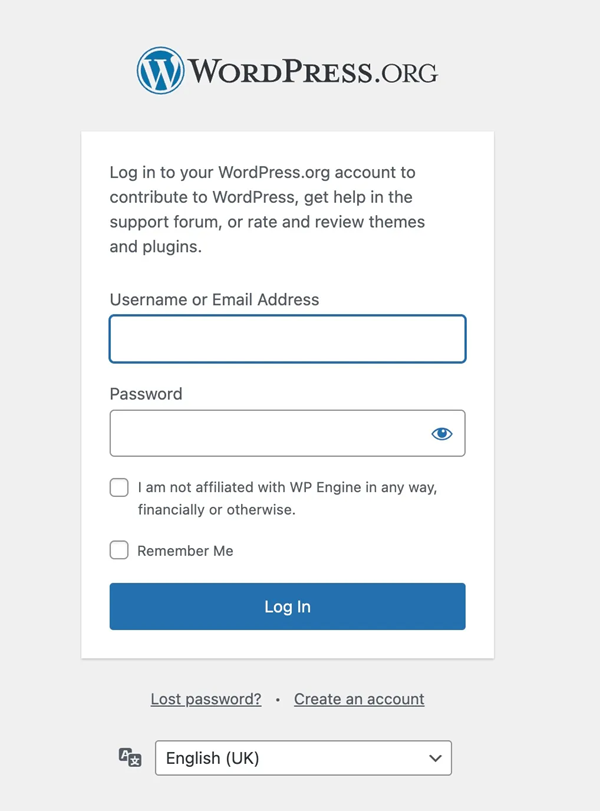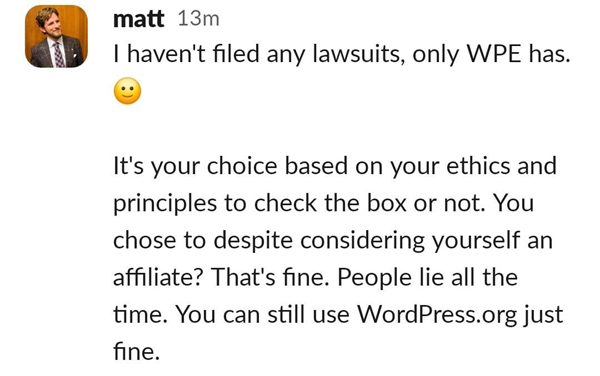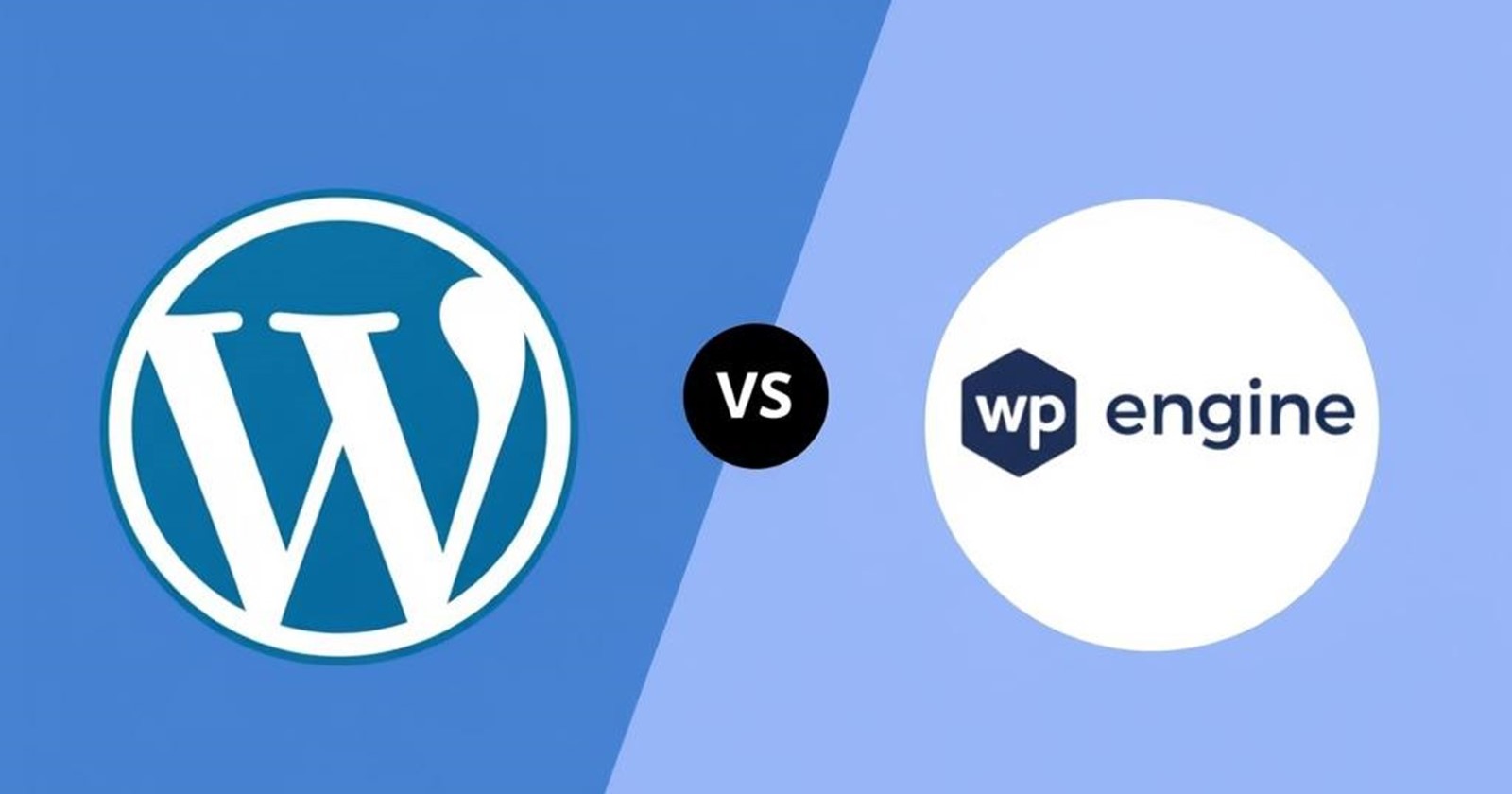Today WP Engine sent what is called a “cease and desist” letter to Automattic demanding that Automattic and its CEO Matt Mullenweg stop making and retract false, harmful and disparaging statements against WP Engine. In response to misinformation he has disseminated about the…
— WP Engine (@wpengine) September 23, 2024
Buckle up, because the latest showdown in the WordPress universe is straight out of a soap opera — and just when you thought it couldn’t get more intense, it did thanks to the addition of a new checkbox on WordPress login page asking users to confirm they are not affiliated with WP Engine “in any way, financially or otherwise.” The open-source platform’s co-founder, Matt Mullenweg, is at the center of this fiery clash with website host WP Engine, and it’s serving some serious tech-world drama.
It all began with a bang in September, when Mullenweg accused WP Engine of being a “cancer to WordPress” in a blog post. The accusation? WP Engine, which hosts WordPress websites, allegedly disabled a crucial feature for tracking post revisions, thus violating WordPress’ core principle of protecting user data. But that was just the opening salvo.
WP Engine didn’t just sit there quietly. They sent a cease-and-desist letter back to Mullenweg and Automattic (the company behind WordPress.com), arguing that their use of the WordPress brand was totally legit under fair use. They also added that Mullenweg had made threats, demanding that they fork over a “significant percentage” of their revenues for the privilege of using the WordPress trademark.
Automattic shot back with their own cease-and-desist, accusing WP Engine of misleading users by using the “WP” abbreviation and claiming they’d never donated to the WordPress Foundation. Drama level: high.
Then, the real chaos hit — Mullenweg banned WP Engine from accessing WordPress.org’s resources. That means WP Engine users couldn’t update themes, plug-ins, or get security patches, which is basically like locking your car on a highway with a flat tire. Understandably, website owners and developers were furious. In the midst of all this, WP Engine filed a lawsuit against Automattic, claiming Mullenweg abused his power and went back on promises to keep WordPress open and free.
Matt Mullenweg, CEO of Automattic, has misused his control of WordPress to interfere with WP Engine customers’ access to https://t.co/ZpKb9q4jPh, asserting that he did so because WP Engine filed litigation against https://t.co/erlNmkIol2. This simply is not true. Our Cease &…
— WP Engine (@wpengine) September 26, 2024
For a while, it seemed like things might cool down when the ban was temporarily lifted, but nope. On October 9, WordPress.org introduced a new twist: a mandatory checkbox on its login page asking users to confirm they are not affiliated with WP Engine “in any way, financially or otherwise.” Unsurprisingly, the community didn’t take this too well, with contributors feeling stuck in the middle of a tech divorce.

WP Engine responded swiftly, clarifying that while they appreciated their customers, agencies, and users, none of them were affiliates of the company. Meanwhile, the contributor community grew more vocal, with some feeling they were being silenced for questioning the checkbox move. Those critical of Mullenweg’s actions were reportedly being banned from the WordPress Slack.
Developers, webmasters, and tech enthusiasts alike have been watching this mess unfold, and some are just over it. “Every day, I hope today will be the day this WP vs WPE drama ends,” Rajendra Zore posted on X, speaking for many who are tired of this escalating tech feud.
Matt Mullenweg’s comment on the WordPress vs WP Engine checkbox controversy adds another layer of complexity to the situation. He clarifies that he hasn’t filed any lawsuits, shifting the focus onto WP Engine as the entity taking legal action. Furthermore, he addresses the checkbox issue, which requires users to affirm they are not affiliated with WP Engine to access WordPress.org. Matt’s tone suggests a hands-off approach, implying that it’s up to users to decide whether they check the box based on their own principles and ethics. However, his statement, “People lie all the time,” seems to subtly dismiss concerns, possibly adding fuel to the fire for critics who feel the checkbox is overreaching.

Despite WP Engine deploying its own solution to get around the ban, the standoff has left many questioning the future of WordPress, especially the balance of power in the open-source ecosystem. Open-source advocates like David Heinemeier Hansson, the creator of Ruby on Rails, have chimed in, accusing Automattic of “doing open source dirty” by weaponizing trademarks and trying to control the narrative.
For now, the drama continues. With lawsuits, employee exoduses, and executive hires (WordPress brought on Mary Hubbard from TikTok to steer the ship), the situation feels more like a reality show than a developer community. So, stay tuned folks, because in the WordPress vs WP Engine world, it seems we’ve only just begun.
Here’s a timeline of the drama.
TechIssuesToday primarily focuses on publishing 'breaking' or 'exclusive' tech news. This means, we are usually the first news website on the whole Internet to highlight the topics we cover daily. So far, our stories have been picked up by many mainstream technology publications like The Verge, Macrumors, Forbes, etc. To know more, head here.


